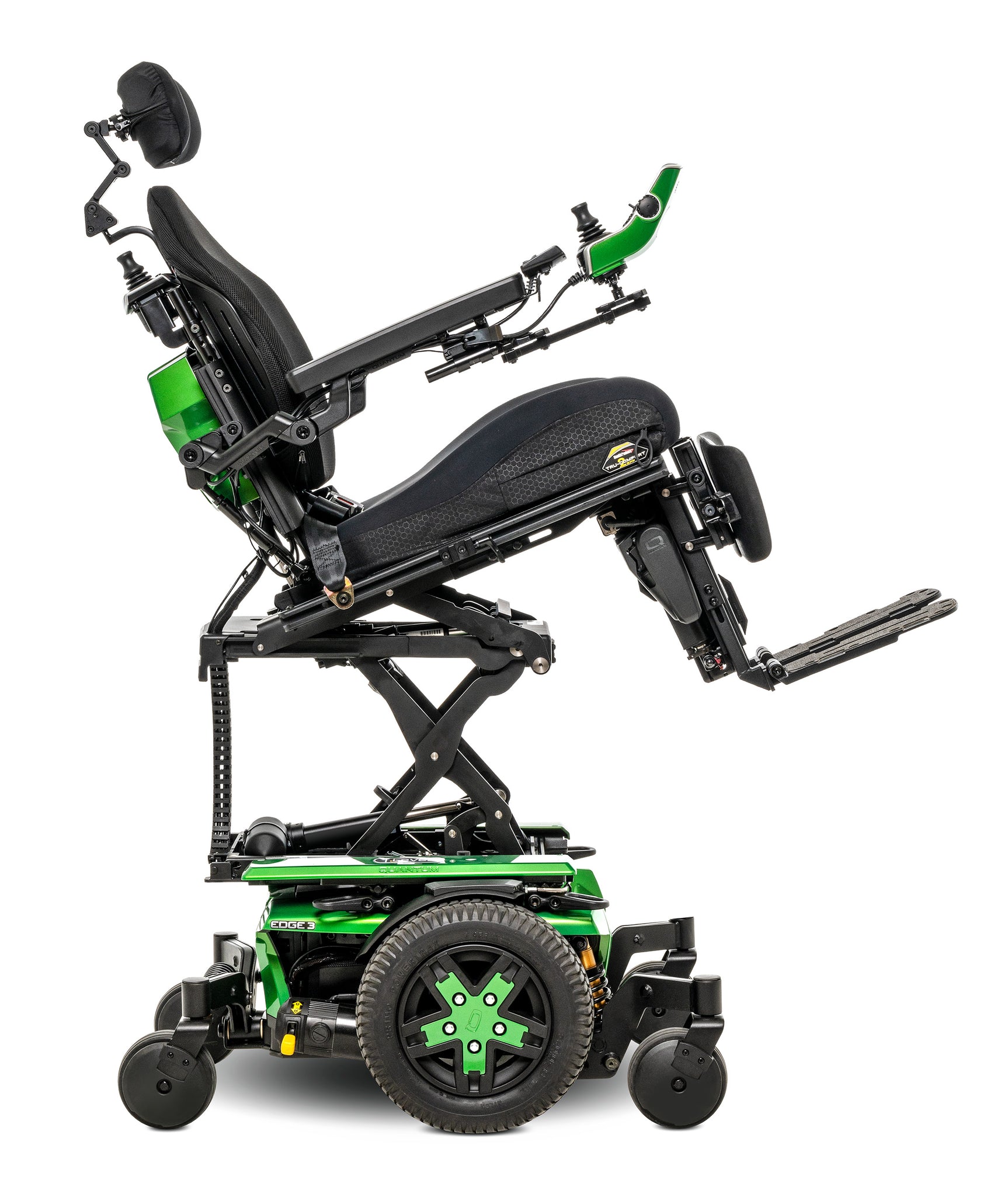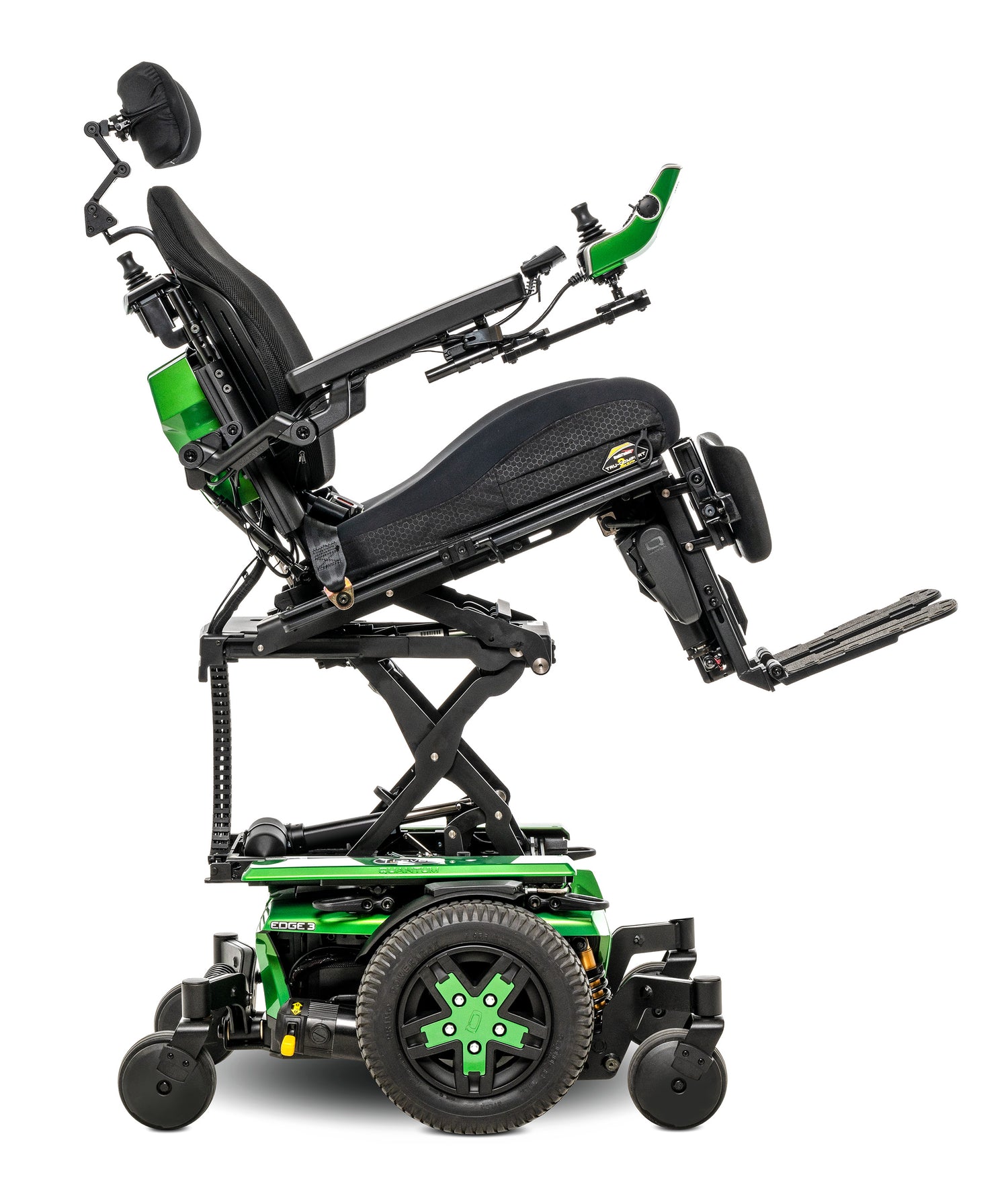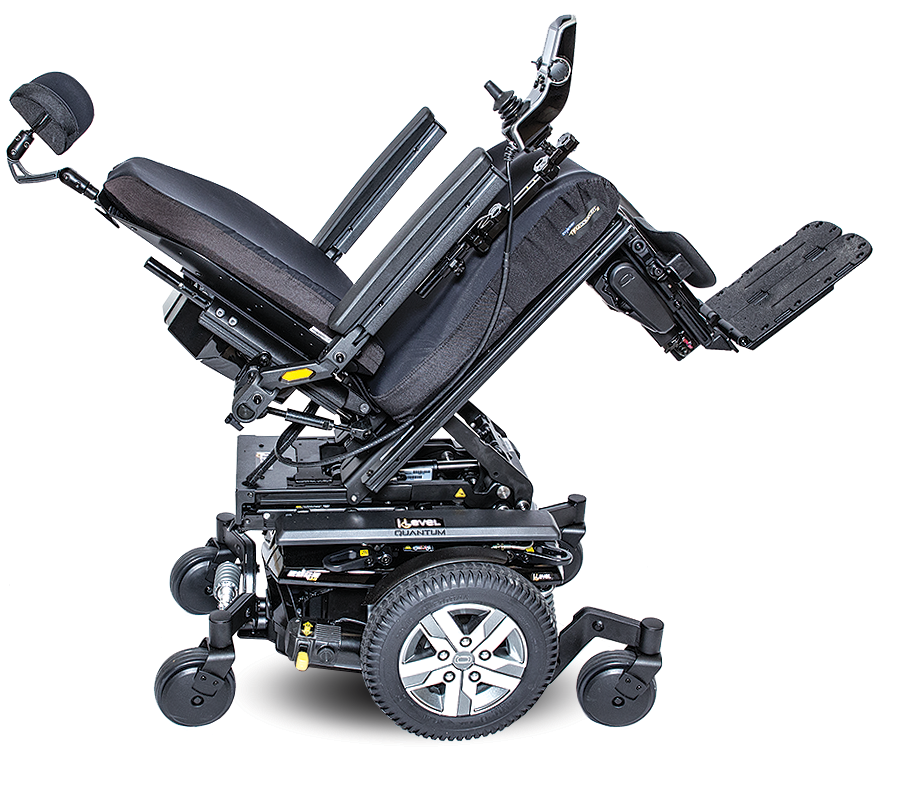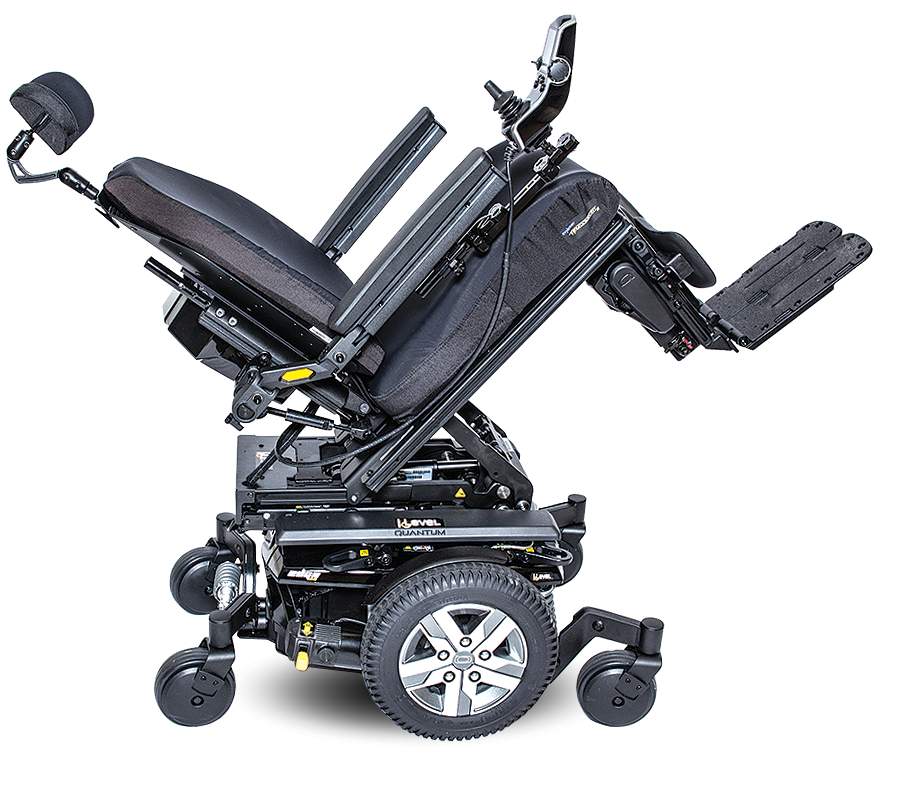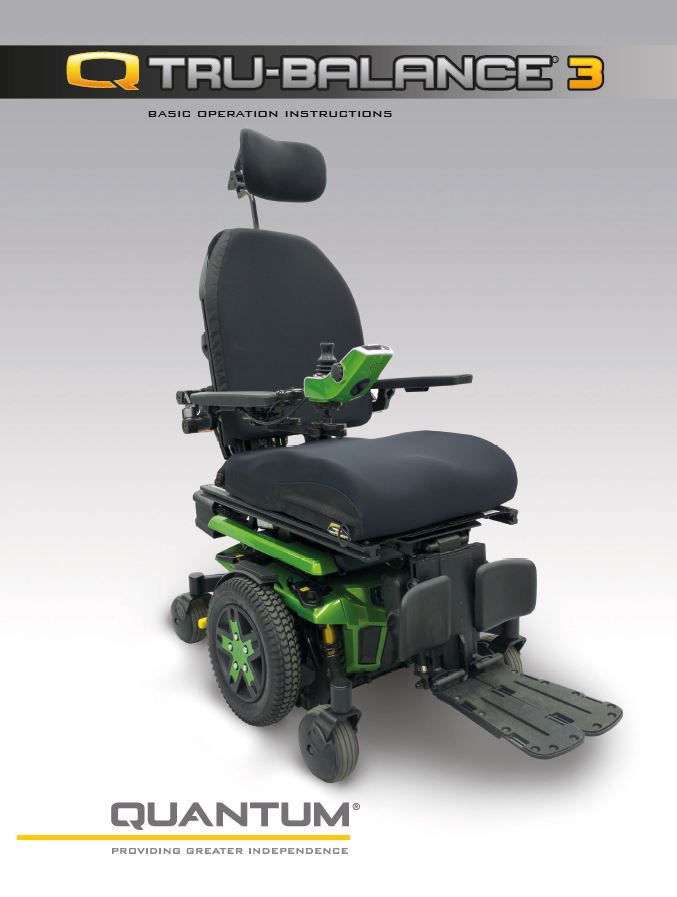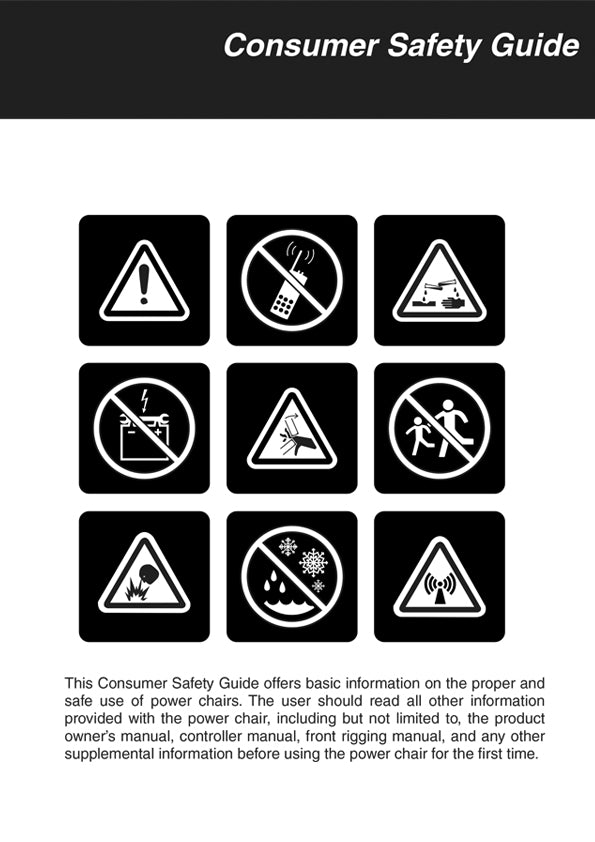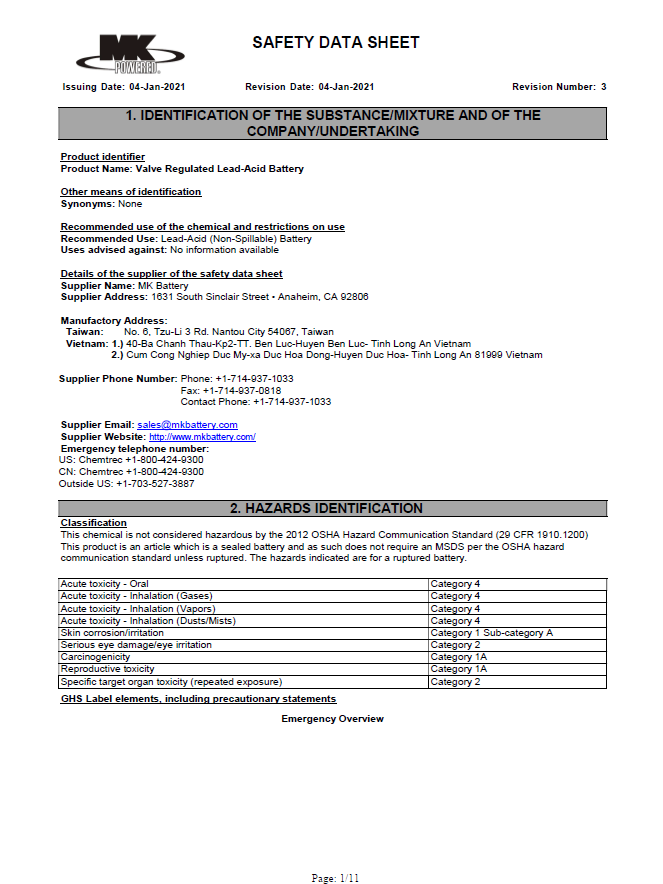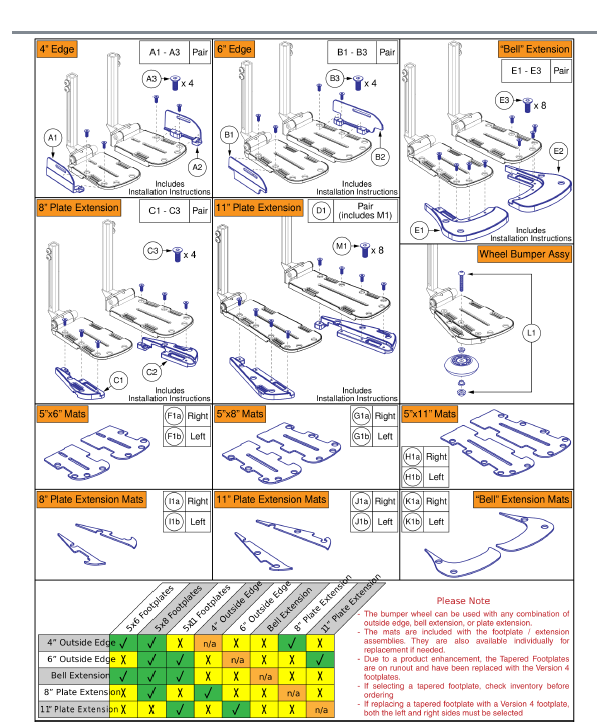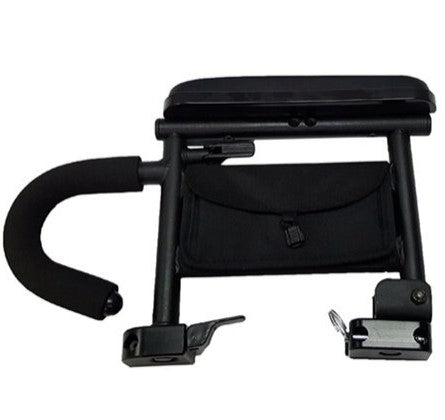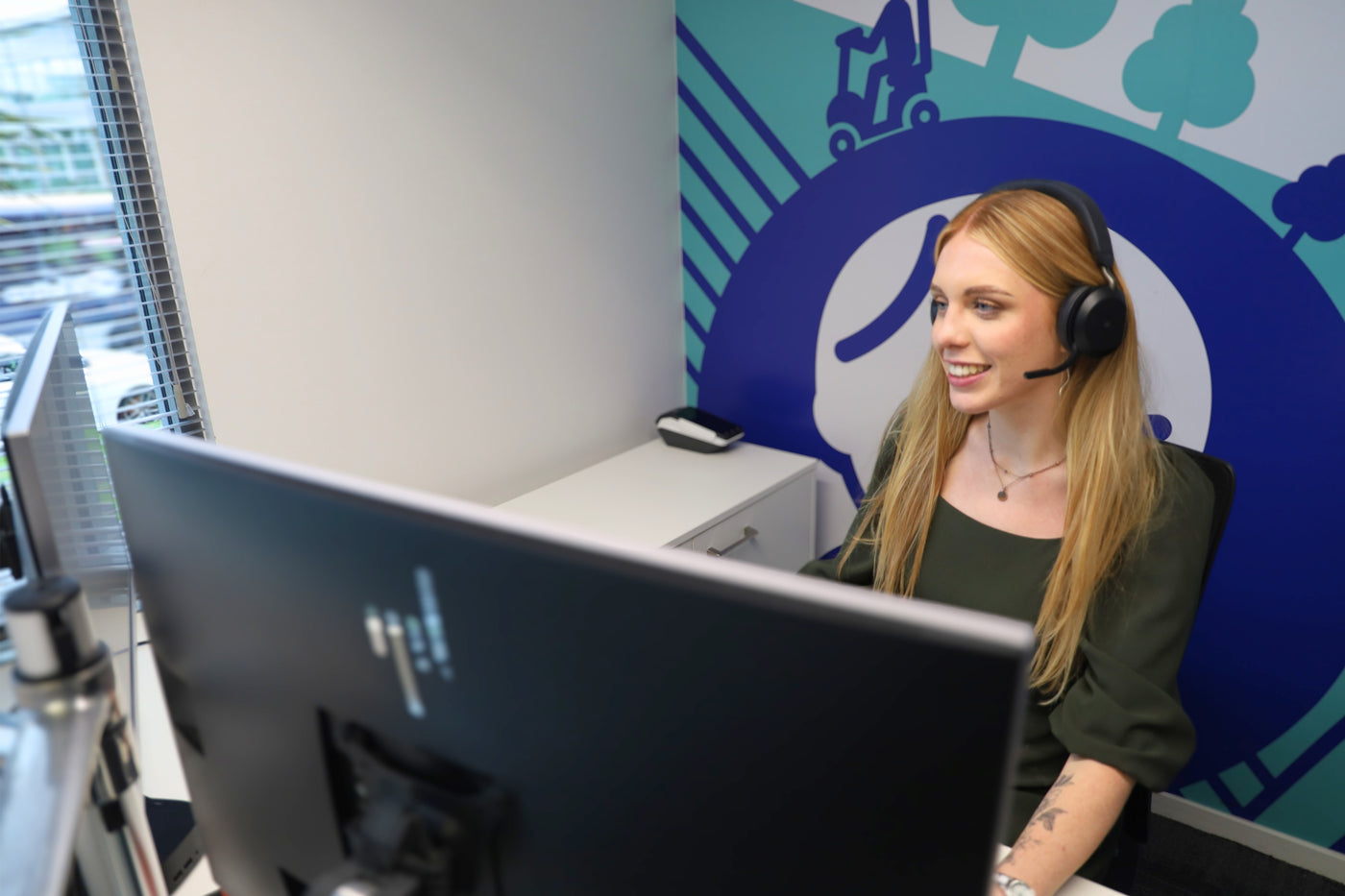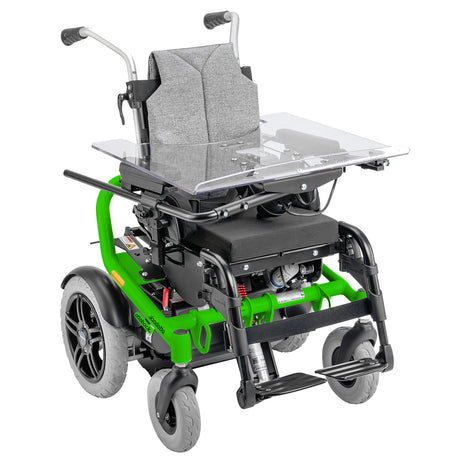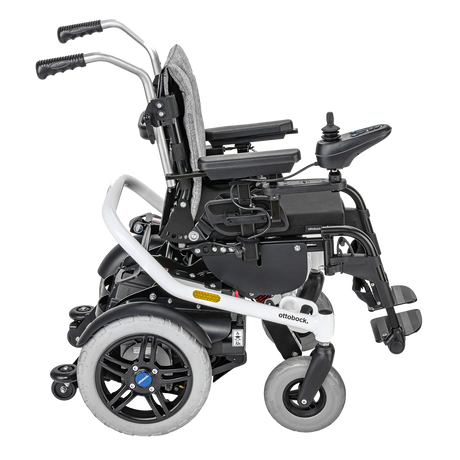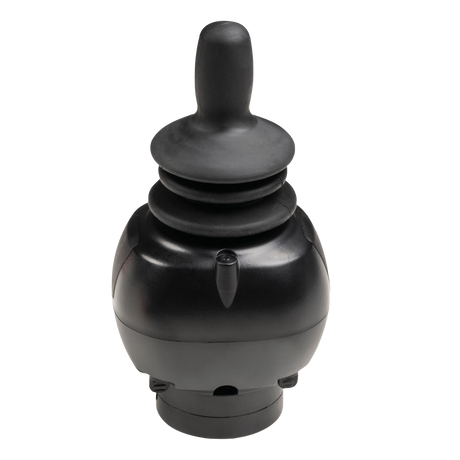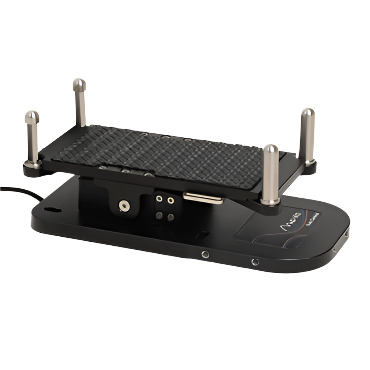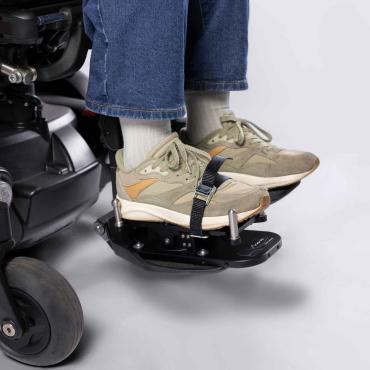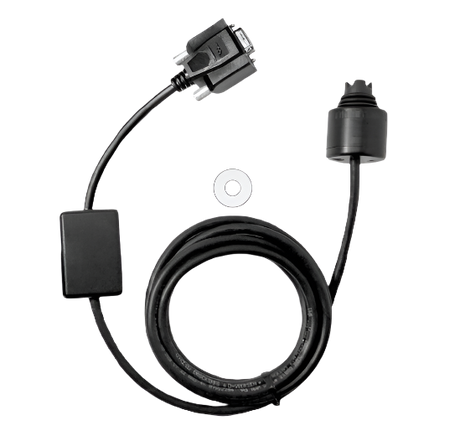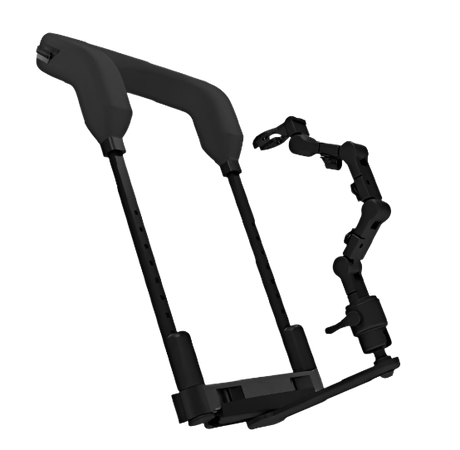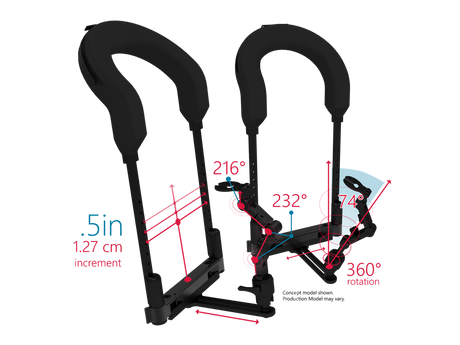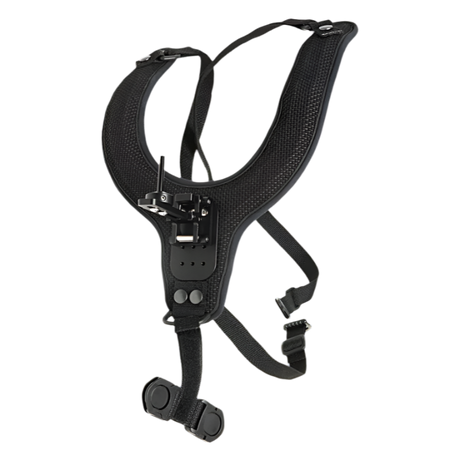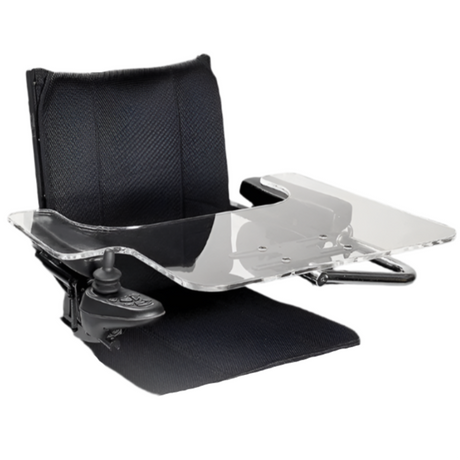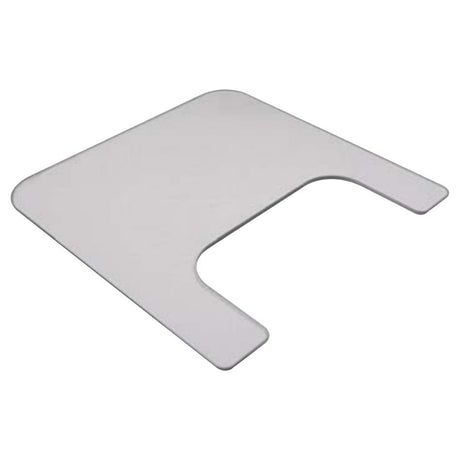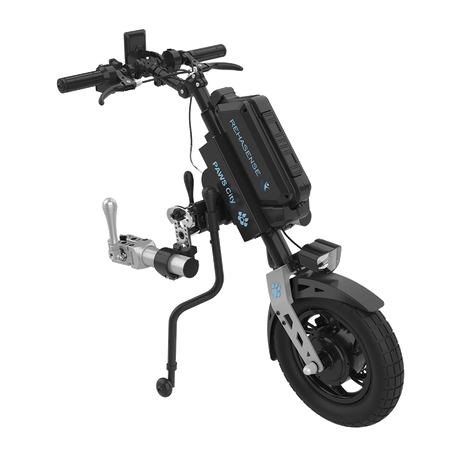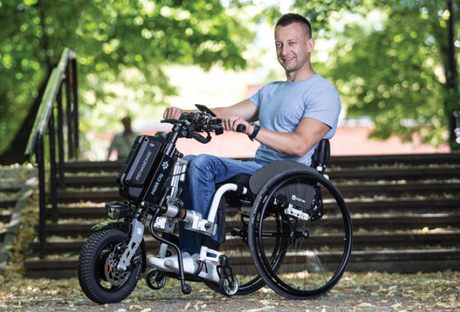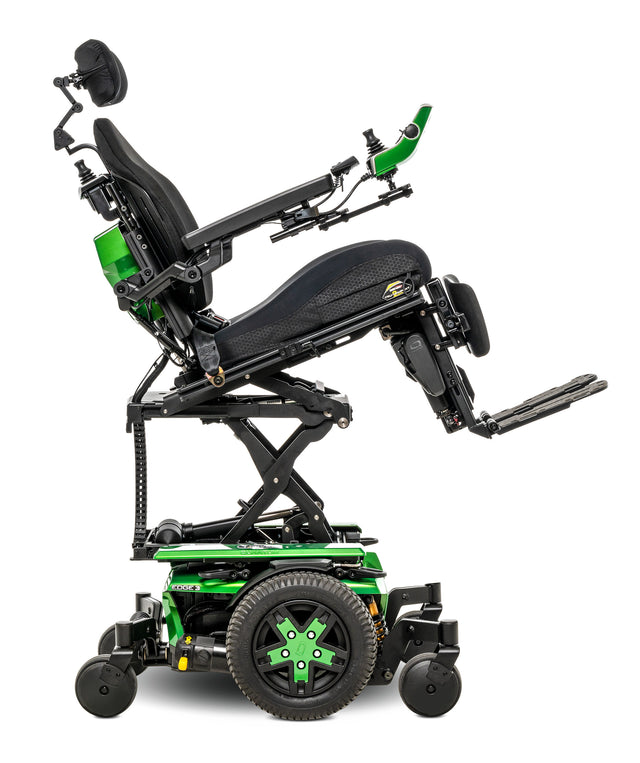Quantum TRU-Balance 3
TRU-Balance 3 Power Positioning Systems feature an innovative design that maximizes functional independence while providing an appealing look and feel. TRU-Balance 3 has the ability for quick and easy fine-tuning adjustments to ensure maximum comfort and positioning. Available configurations include power tilt, power recline, power articulating foot platform, power swing-away legrests, power elevating centre mount and static seating.
Easy Returns Policy
Easy Returns Policy
Worried an item might not be right? Return your purchase in as new condition within 14 days and we will happily exchange the item or provide a refund for the cost of the item including the original shipping fee. Click here to view all returns information.
Online Delivery Rates
Online Delivery Rates
NZ Retail Purchases
$9 NZD flat fee
Free for orders over $500 NZD
AU Retail Purchases
$30 NZD flat fee
Wholesale Purchases
Shipping will be calculated after your purchase and added to your invoice.
Online Delivery Times
Online Delivery Times
Deliveries placed during the week before 2pm*
New Zealand
Auckland: Usually the next day!
Rest of North Island: 2 days
South Island: Approx 3 - 4 days
Rural deliveries can take 1-2 days in addition to the above
Australia
Approx 10 - 15 days
*Approximate timeframes given. Please note that for out-of-stock items and orders placed after 2pm or over the weekend, the shipping timeframes above will apply from the day of dispatch from our warehouse.
Click here to view all delivery and shipping information.
Give Us Feedback
Give Us Feedback
We'd love to hear what you have to say. If you would like to send us some feedback about our website, available products, our team or anything else, please complete our Feedback Form.
If you have a spare minute, we'd also love you to leave us a Google Review.
Funding Information
Funding Information
Click below for information on funding for New Zealanders.
Am I Eligible for Funding?
Self Funding
Description
Description
Optional 12" iLevel power adjustable seat height is available on the Edge 3 and Edge 3 Stretto, and 10" of safe seat elevation is offered on the 4Front 2. Compatible with Q-Logic 2 and Q-Logic 3 Electronics.
Features
- Make fine adjustments while client is in the chair
- Order your seat width independent of your back width at no additional charge
- Internally or externally rotate cantilever armrests for optimal positioning
- Easily retrofit power tilt, recline, and power adjustable seat lift
- Easy back height and depth adjustment
- Easy center of gravity adjustment
- Optional attendant control available
- Power Recline
- 85° - 175° of recline
- Seat-to-floor height as low as 17.5" on the Edge 3
- 136 kg weight capacity
- Standard shear reduction and cantilever armrests
- Power Tilt
- 50° of tilt
- Seat-to-floor height as low as 17.5" on the Edge 3
- Unmatched adjustment and durability
- 12” Power Adjustable Seat Lift with iLevel
- iLevel technology enables the unit to drive up to 4.5 mph while elevated at 12" of lift
- iLevel technology provides extra stability to ensure maximum safety for transfers, reach, and numerous other activities of daily living
- iLevel technology enables the unit to drive up to 4.5 mph while elevated at 12" of lift
- 136 kg weight capacity
- Seat-to-floor height as low as 17.5” on the Edge 3
- LED fender lights standard with iLevel
- Available on the Edge 3 Stretto, Edge 3
- 10" of safe seat elevation
- Offers 10” of power adjustable seat height while driving at speeds of up to 3.2 mph
- 136 kg weight capacity
- Available only on the 4Front 2
If you are using a bariatric powerbase like the Q6 Edge HD or 4Front 2 HD, please refer to the TRU-Balance 3 HD.
Specifications
Specifications
| Frame Warranty | 3 Years |
| Motors Warranty | 2 Years |
| Battery & Electronics Warranty | 1 Year |


